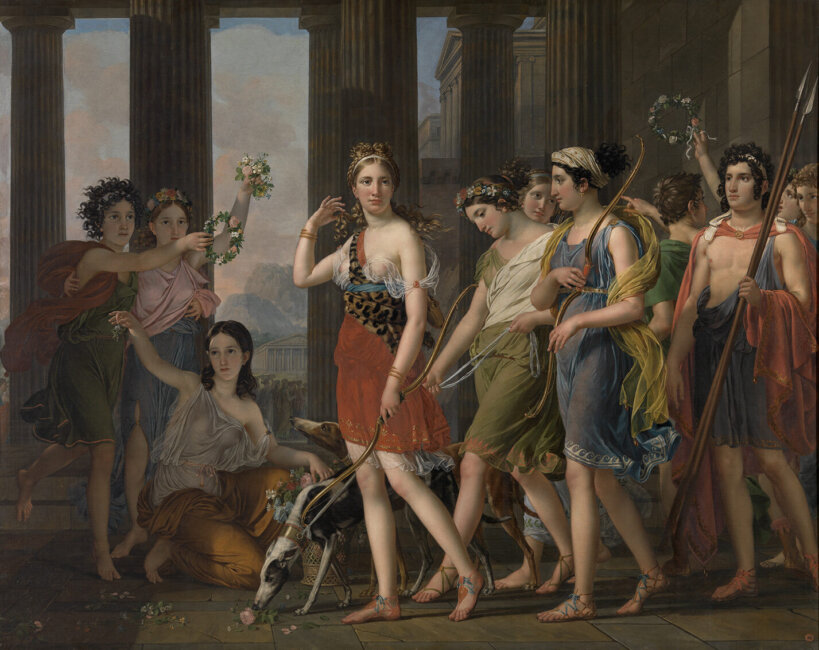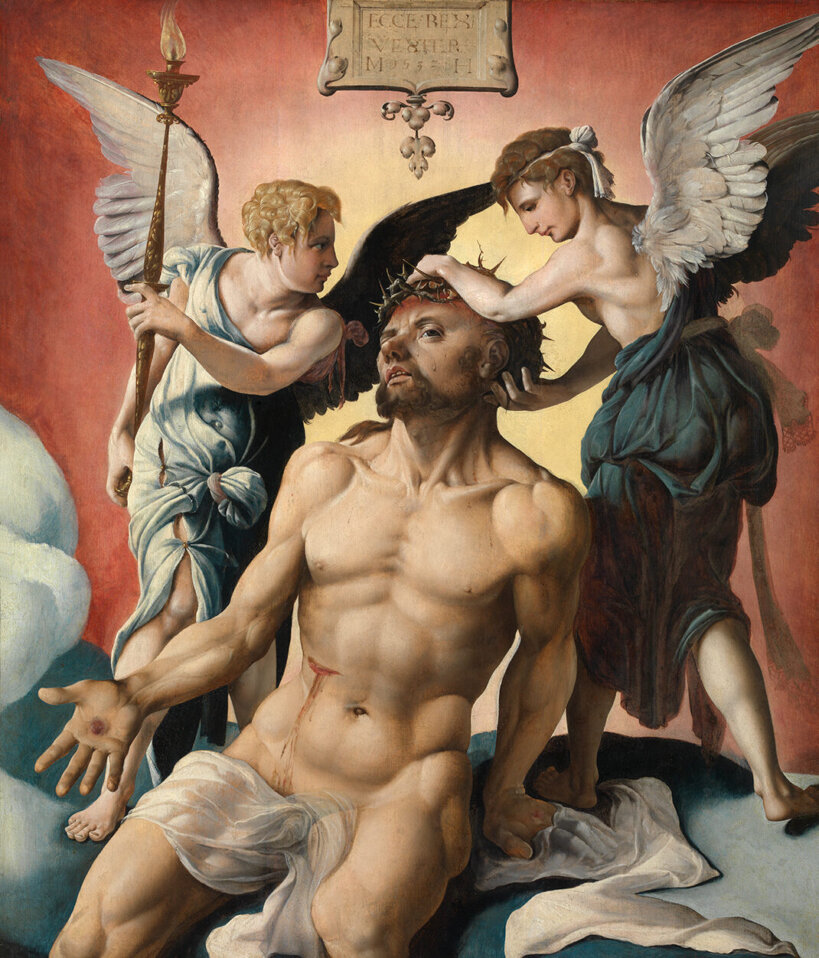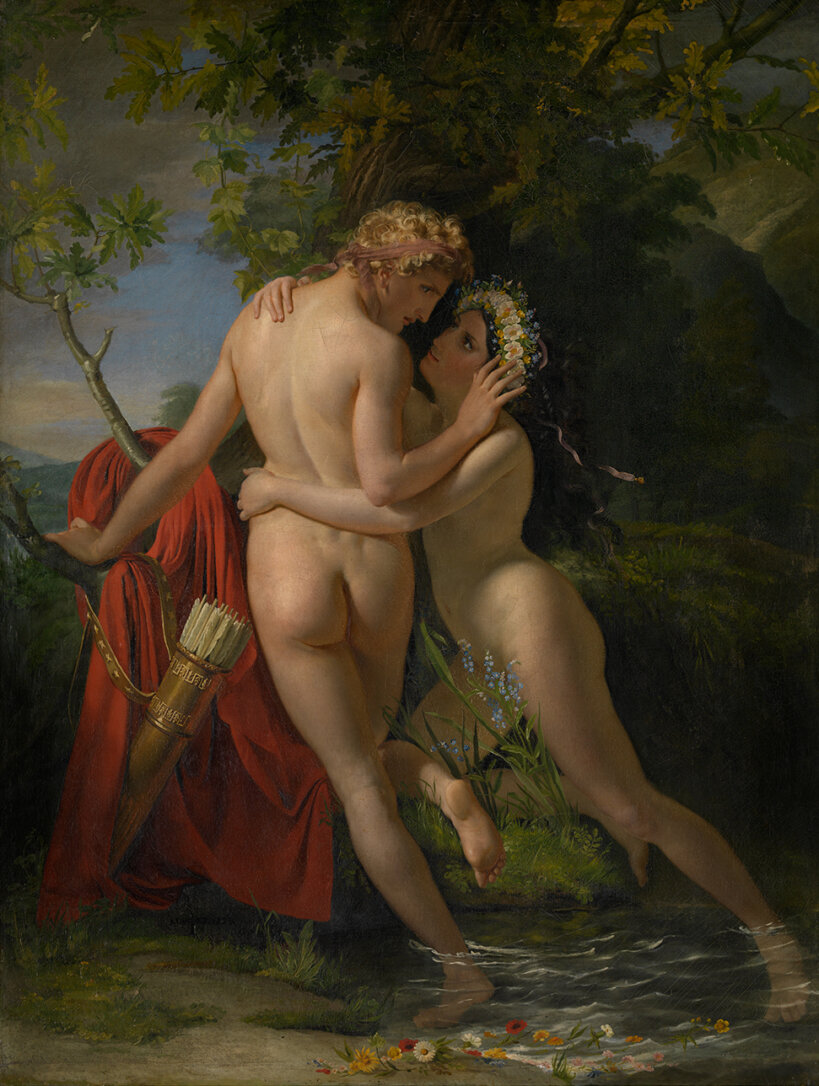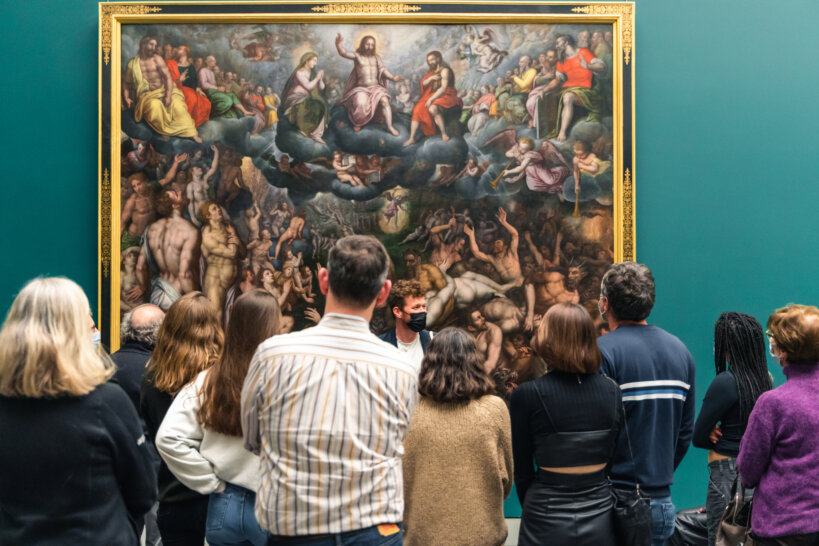International developments
In recent years museums have looked for ways to open up their collections to a wider range of perspectives: the so-called 'queering' of their collections. And as they have begun to illuminate the hidden and forgotten stories that are present in their art, they have also helped to show how the experience of gender, sexual orientation and sexuality has evolved over history.
The Victoria and Albert Museum in London and the Amsterdam Museum have both rolled out successful projects for this purpose, and so the Museum for Fine Arts Ghent (MSK) consulted them to find out how they did it. Armed with fresh insights, the MSK’s department of public relations called on historian Jonas Roelens and art historian Thijs Dekeukeleire to help reveal the untold stories hidden in the works in the museum galleries.
There was plenty of material to work with, and soon enough the team created the first LGBTQ+ tour to be offered in a Belgian fine art museum.



